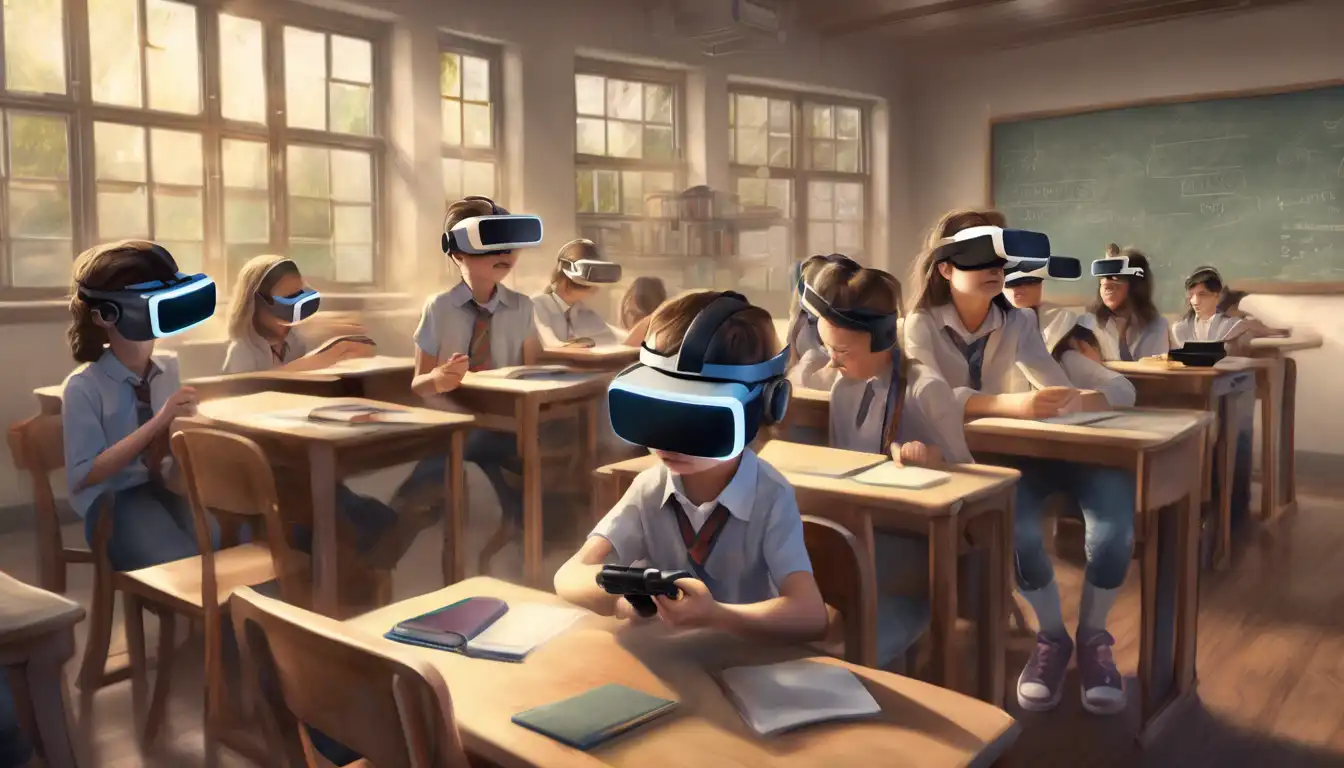The Transformative Impact of Virtual Reality in Learning Environments
Virtual Reality (VR) technology has been making waves across various sectors, and education is no exception. With its ability to create immersive learning experiences, VR holds the potential to revolutionize how knowledge is imparted and absorbed. This article delves into the myriad ways VR can enhance educational outcomes, making learning more engaging, interactive, and effective.
Why VR in Education?
The integration of VR into educational settings offers unparalleled opportunities for students to explore complex concepts in a visually rich and interactive environment. From virtual field trips to historical sites to immersive science experiments, VR can bring abstract concepts to life, fostering a deeper understanding and retention of information.
Benefits of VR in Education
- Enhanced Engagement: VR's immersive nature captures students' attention like never before, making learning more engaging.
- Improved Retention: Experiential learning through VR has been shown to improve memory retention rates.
- Accessibility: VR can provide equal learning opportunities for students regardless of geographical or physical limitations.
- Safe Learning Environment: VR allows students to practice skills in a risk-free setting, such as medical procedures or mechanical repairs.
Challenges and Considerations
Despite its potential, the adoption of VR in education faces several challenges, including high costs, the need for technical infrastructure, and the development of quality educational content. However, as technology advances and becomes more affordable, these barriers are gradually being overcome.
Future Prospects
The future of VR in education is bright, with ongoing advancements in technology paving the way for more sophisticated and accessible learning tools. As educators and technologists collaborate, the potential for VR to transform educational landscapes is limitless.
For more insights into innovative learning technologies, explore our articles on EdTech trends and digital education.
In conclusion, VR in education represents a frontier of untapped potential, offering dynamic and immersive learning experiences that could redefine traditional educational paradigms. As we continue to explore and invest in this technology, the possibilities for enhancing education are boundless.
